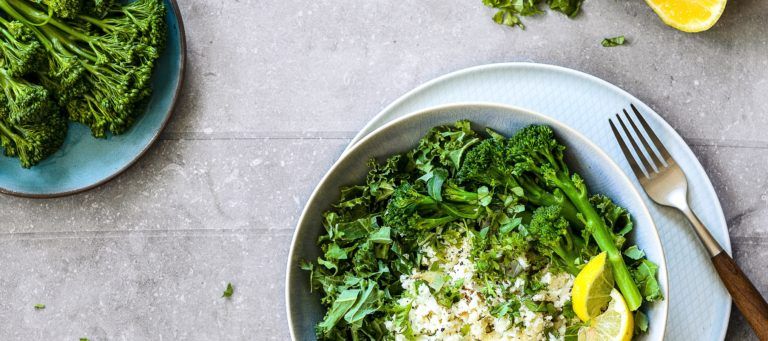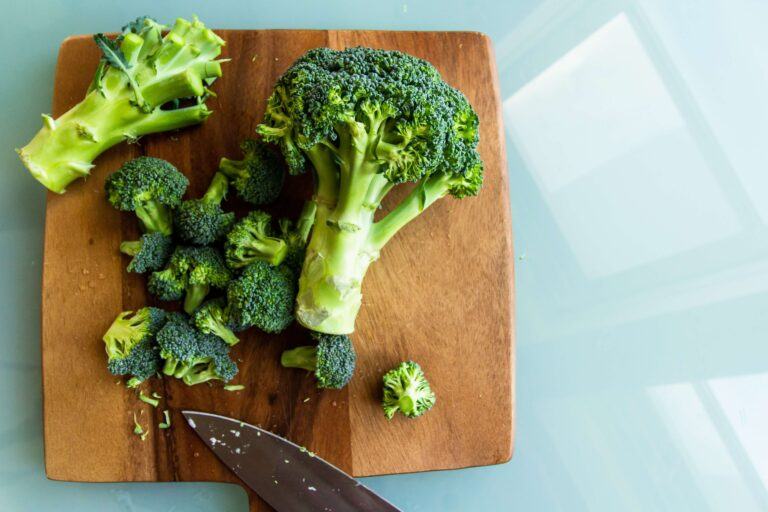Recently I blogged about a study that showed that chemical exposure could lead to male infertility. The article provoked a lot of discussion in the Yinova waiting room and many of our patients commented about it and asked for advice about avoiding household chemicals. One of our patients, a 5-year cancer survivor, offered to blog about how they clean their home without using many of the toxic products on the market and we look forward to hearing her advice in a future column.
So it was with great interest that I noticed that another credible study has been published this time linking household chemicals to female* infertility. The study, conducted by scientists at the University of California Los Angeles (UCLA) and published in the journal Human Reproduction, has found the first evidence that perfluorinated chemicals (PFCs) may be associated with infertility. PFC’s are chemicals that are widely used in everyday items such as food packaging, pesticides, clothing, upholstery, carpets, and personal care products. The report, which looked at 1,240 women*, revealed that those with higher levels of perfluorinated chemicals (PFCs) in their bloodstreams tend to take longer to become pregnant than those with lower levels.
In our book, Making Babies: A Proven 3-Month Program for Maximum Fertility![]() , Dr. David and I talk more about the impact of toxic chemicals on fertility. It is certainly true that in our grandparent’s day, milk came from a bottle, pans were made of cast iron, food was reheated on a metal tray in the oven and a raincoat was made of rubber. Now our foods come in grease-resistant packages, frozen meals can be reheated in the microwave, pans have non-stick coatings and rainwear has been specially treated to make it water-resistant whilst able to breathe. All of these things make our lives more convenient but all of them expose us to PCFs.
, Dr. David and I talk more about the impact of toxic chemicals on fertility. It is certainly true that in our grandparent’s day, milk came from a bottle, pans were made of cast iron, food was reheated on a metal tray in the oven and a raincoat was made of rubber. Now our foods come in grease-resistant packages, frozen meals can be reheated in the microwave, pans have non-stick coatings and rainwear has been specially treated to make it water-resistant whilst able to breathe. All of these things make our lives more convenient but all of them expose us to PCFs.
So how do we avoid PFC’s?
Ditch your non-stick pans
A form of PFC called PFOA or perfluorooctanoic acid is used to make Teflon products so it might be worth avoiding non-stick pans or making sure that you do not use them at very high temperatures. In our house, we are big fans of cast iron pans which if well seasoned are not particularly sticky.
Be careful about packaged foods
Grease-resistant food packaging and paper products, such as microwave popcorn bags and pizza boxes, contain PFCs.
Avoid products labeled as stain resistant
Choose furniture and carpets that aren’t marketed as “stain-resistant,” and don’t apply finishing treatments such as Stainmaster to these or other items. The same goes for some rainwear which has been treated with PCFs to make it showerproof.
Read the labels on your cosmetics and personal care products
Watch out for the words ”fluoro” or ”perfluoro. PFCs can be found in dental floss and a variety of cosmetics, including nail polish, facial moisturizers, and eye make-up.
* Language used in the study referenced.






